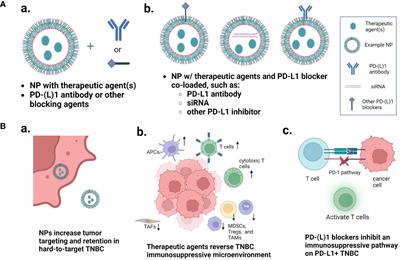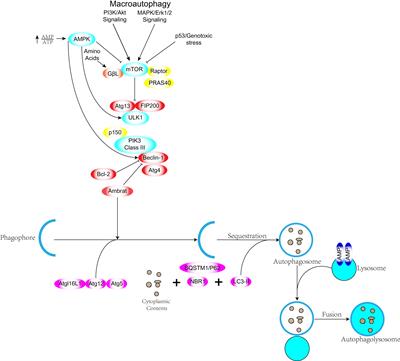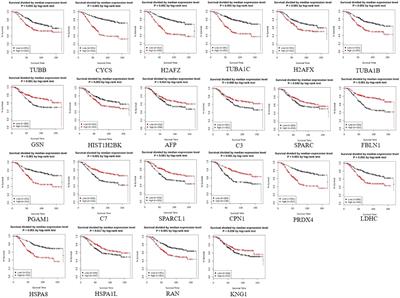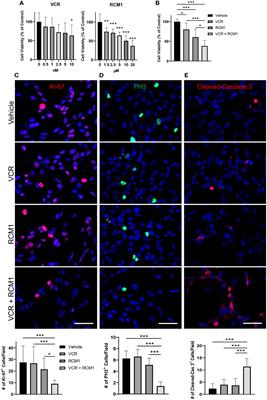EDITORIAL
Published on 11 Jun 2024
Editorial: Editor's challenge: Dr. Qingxin Mu - how can nanomedicine approaches advance multi-targeting strategy in combination cancer therapy?
doi 10.3389/fonc.2024.1437497
- 381 views
3,768
Total downloads
15k
Total views and downloads
You will be redirected to our submission process.
EDITORIAL
Published on 11 Jun 2024
MINI REVIEW
Published on 02 May 2024

REVIEW
Published on 15 Dec 2023

ORIGINAL RESEARCH
Published on 31 Aug 2023

ORIGINAL RESEARCH
Published on 17 Aug 2023

ORIGINAL RESEARCH
Published on 02 Feb 2023

